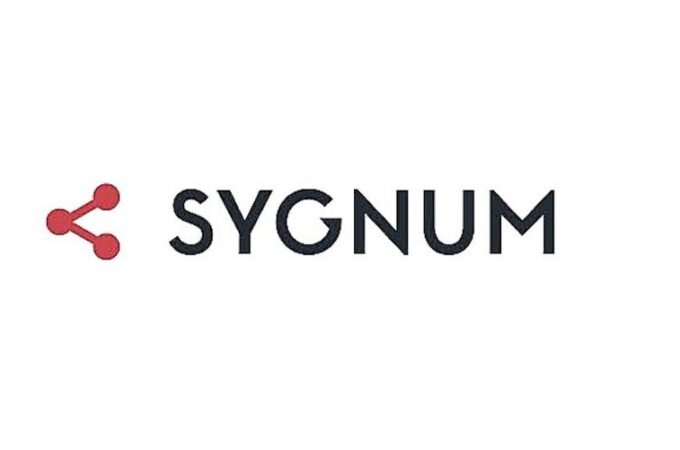
Senate Votes to Overturn SEC Crypto Custody Rule Amid Biden’s Veto Threat
The U.S. Senate recently made a significant move in the realm of cryptocurrency regulation, passing a joint resolution aimed at overturning the Securities and Exchange Commission’s (SEC) Staff Accounting Bulletin No. 121 (SAB 121). This resolution, passed with a notable majority of 60 to 38 votes, reflects bipartisan dissatisfaction with the rule, which requires financial institutions to record customers’ digital assets on their balance sheets.
SAB 121, introduced by the SEC in 2022, mandates that companies holding customers’ cryptocurrencies must report them as both assets and liabilities, significantly impacting their balance sheets and capital requirements. Critics argue that this approach stifles innovation and discourages banks from offering crypto custody services due to the associated costs.
The Senate’s action follows a similar move by the House of Representatives, indicating a growing consensus across both chambers of Congress. Notably, several Democrats broke party lines to support the resolution, underscoring the bipartisan nature of the opposition to SAB 121.
Despite overwhelming support from lawmakers, President Joe Biden has signaled his intention to veto the resolution, citing concerns about investor protection and financial system stability. The White House’s stance has sparked criticism from industry experts and advocates, who argue that the rule hampers financial innovation and consumer access to crypto services.
Senator Cynthia Lummis, a vocal critic of SAB 121, hailed the Senate’s decision as a victory for financial innovation and a rebuke of what she perceives as regulatory overreach by the Biden administration and SEC Chair Gary Gensler. Lummis emphasized the need for continued advocacy to pressure the White House to reconsider its veto threat.
While the resolution’s passage represents a significant milestone for the crypto industry, the looming veto threat from President Biden poses a significant hurdle. With the resolution unlikely to garner the two-thirds majority required to override a veto, the fate of SAB 121 remains uncertain.
In the meantime, industry stakeholders are closely monitoring developments in Washington, D.C., and ramping up efforts to engage policymakers on the importance of regulatory clarity and fostering innovation in the crypto space. Regardless of the outcome, the Senate’s decisive action underscores the growing significance of cryptocurrency regulation on the national stage. As the debate continues, stakeholders remain hopeful for a constructive dialogue that balances regulatory oversight with support for innovation and consumer protection in the rapidly evolving crypto landscape.





